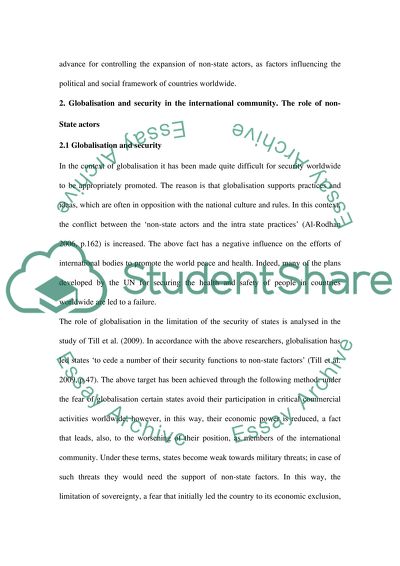Cite this document
(“Has globalisation made the world more or less secure Discuss with Essay”, n.d.)
Retrieved from https://studentshare.org/environmental-studies/1421604-has-globalisation-made-the-world-more-or-less
Retrieved from https://studentshare.org/environmental-studies/1421604-has-globalisation-made-the-world-more-or-less
(Has Globalisation Made the World More or Less Secure Discuss With Essay)
https://studentshare.org/environmental-studies/1421604-has-globalisation-made-the-world-more-or-less.
https://studentshare.org/environmental-studies/1421604-has-globalisation-made-the-world-more-or-less.
“Has Globalisation Made the World More or Less Secure Discuss With Essay”, n.d. https://studentshare.org/environmental-studies/1421604-has-globalisation-made-the-world-more-or-less.


